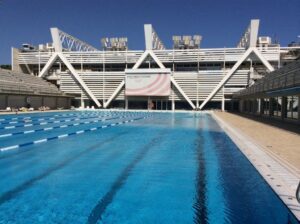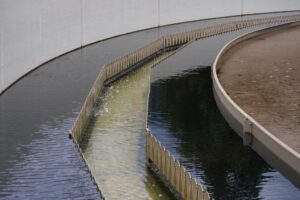06/30/2020 | Uncategorized | 8 MINUTE READ
Boiler Heaters vs. Water Heaters for Your Home
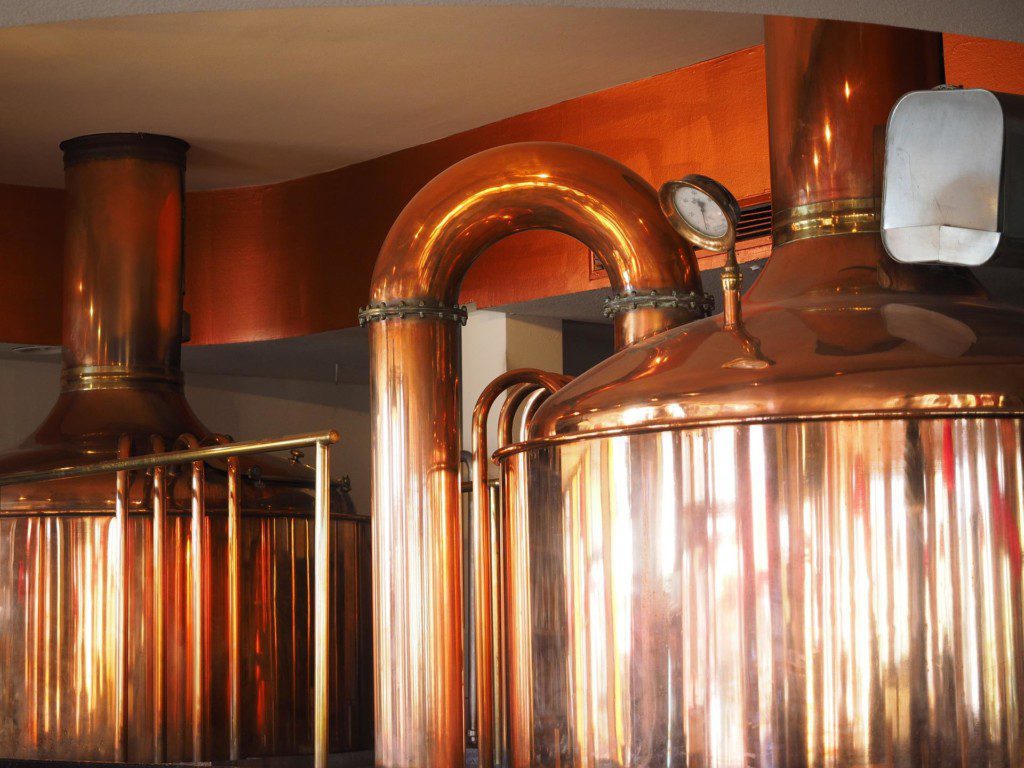
Having hot water running through your home is essential if you want to take a comfortable shower or wash the dishes. If you’re searching for an appliance that will properly heat the water that runs through your home, there are two options available to you, which include a boiler and a water heater. A boiler is designed specifically to convert water into steam, which means that these systems can heat water, generate power, and heat your home. On the other hand, water heaters are solely designed to heat water.
Hot water is an essential component of everyday life that’s regularly used to wash the dishes or take a shower. In the event that you’re searching for an appliance that will be able to provide you with hot water, it’s important to understand the difference between a boiler and water heater. These systems are somewhat costly, which makes the investment a sizable one.
This article provides an in-depth comparison between boilers and water heaters, which should help you determine which one should be installed in your home.
Understanding Boilers
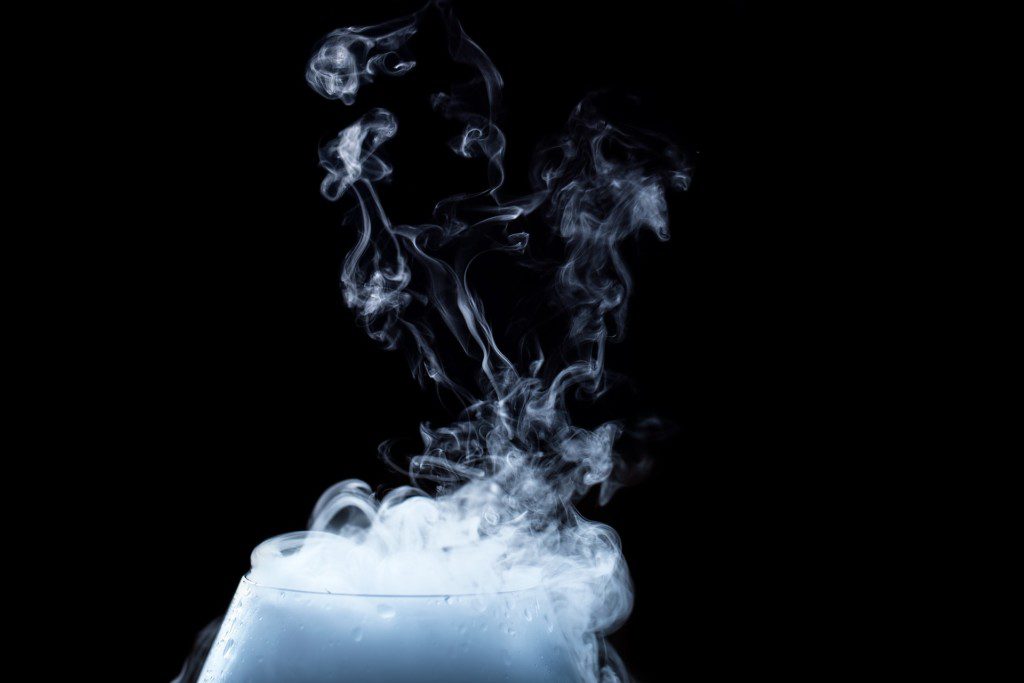
Boilers are powerful appliances that are outfitted with several different functions, all of which can be beneficial for your home. The main goal of a boiler is to convert water into steam, which can then be used for a wide variety of purposes. Along with heating water, boilers are able to generate power and heat your home. As such, you can use a single system to provide your home with several of the things that you require to lead a comfortable life. While boilers are capable of being used for several different purposes, some systems can typically only be used for a single function depending on the exact type of boiler that you select.
Boilers are available in both tankless and tanked versions with the option of being outfitted with a hot water storage cylinder. If you choose a boiler that comes with a storage cylinder, a tank will hold cold water while the cylinder holds hot water. Among the top reasons to purchase a boiler for your home is because this type of system can heat your entire home, which is beneficial if you don’t have a central air conditioning unit with a heater attached to it.
4 Types of Boilers
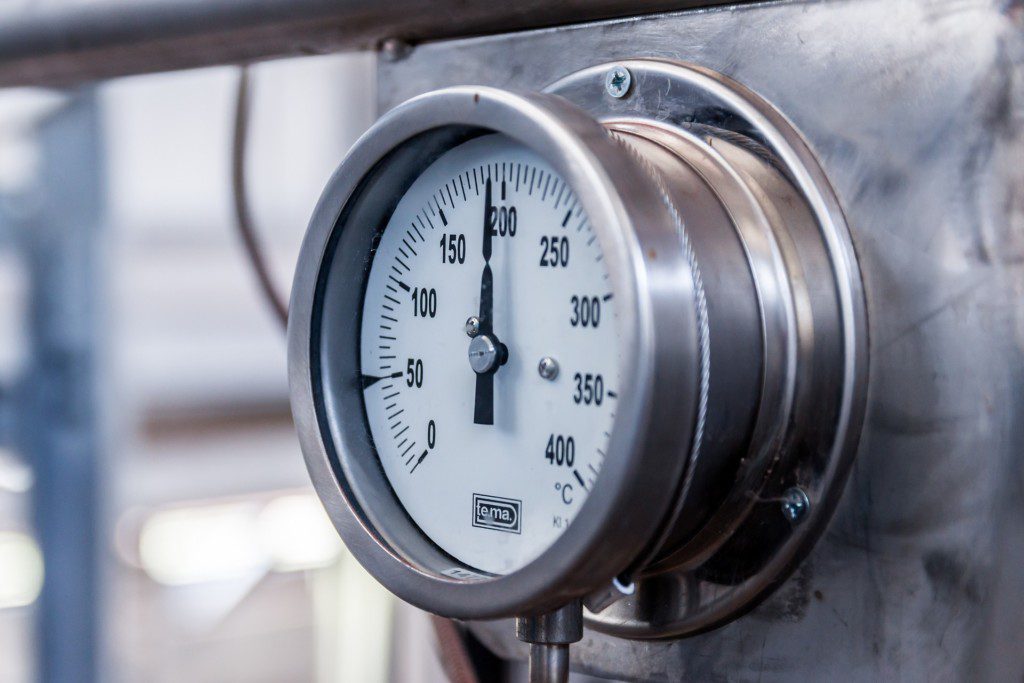
If you believe that your home would benefit from a boiler, there are four separate types of boilers available for you to select from. Each system works somewhat differently and provides a unique feature-set. You can make a decision between these boilers by identifying what matters to you the most when choosing a unit that can provide your home with heat and hot water.
1. Combination
This type of boiler is able to provide a home with hot water as well as heat, which makes it the ideal system if you don’t want to use another appliance to heat your home. A fantastic benefit of using this type of boiler is that it doesn’t come with a hot water cylinder or water tank, which allows for minimal space requirements. When using a combination boiler, your home can be provided with an unlimited amount of hot water.
2. System
A system boiler is made with a hot water cylinder but without a cold water tank. Water is sent directly to a system boiler from the main, after which it is heated and effectively stored in the cylinder. The amount of hot water that you can use is limited by the size of the cylinder, which is why it’s recommended that you purchase a system boiler that comes with a sizable cylinder. However, larger cylinders will invariably take up more space. In the event that you run out of hot water, cold water will need to go through the process of being heated and stored before you can use it.
3. Conventional
A conventional boiler is one that consists of a hot water cylinder as well as a cold water tank, which means that it takes up a significant amount of space. If you have a large home where multiple faucets and taps could be used at the same time, a conventional boiler may be the ideal fit for your property.
4. Condensing
A condensing boiler isn’t exactly a type of boiler but instead a feature that a boiler can be outfitted with. Condensing boilers are usually designed to be more energy efficient than their counterparts since they can retain heat that’s released from flues. The other boiler types can sometimes be condensing boilers as well.
Advantages and Disadvantages of Boilers
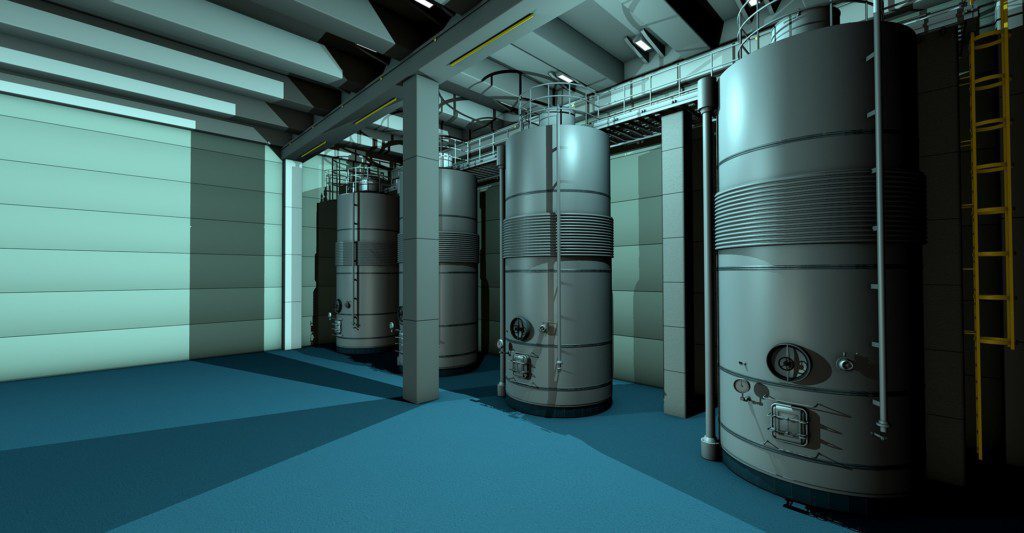
The main advantages that come with using boilers include:
- Better air quality when used as a heater
- Most boilers are able to operate without producing much noise
- There are hardly any maintenance requirements with boilers
- These systems can heat a home
The main disadvantages of purchasing a boiler for the home include:
- These systems are more expensive when compared to water heaters
- Leaks are relatively common
- Installation costs are relatively high
- Replacement parts are expensive
- Additional ductwork is needed if you want to heat your entire home
Understanding Water Heaters
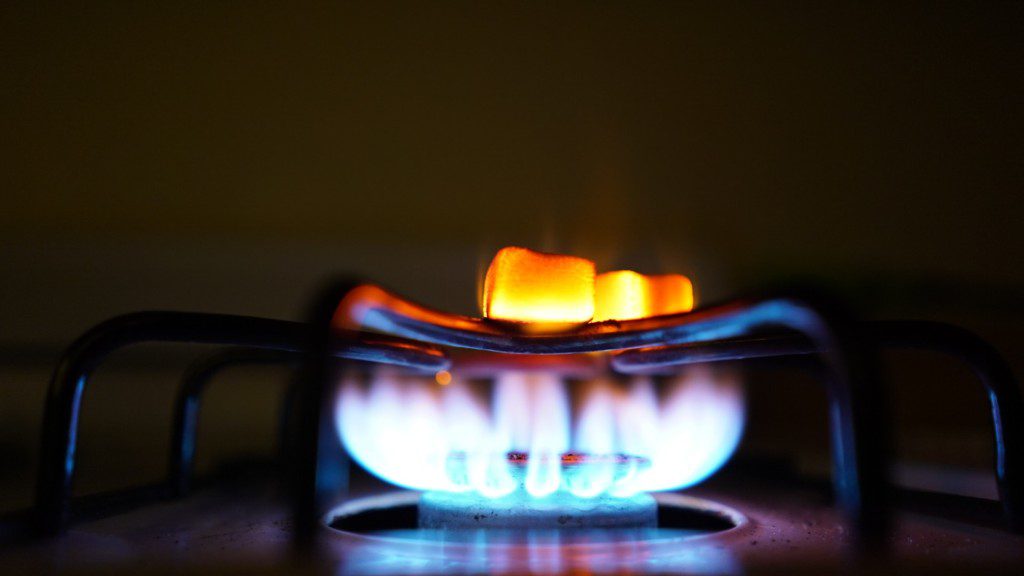
Water heaters are very simplistic systems that are designed to heat water and send it through your home. Standard water heaters are outfitted with a storage tank that is able to heat the water and store it. This heat can be produced via electricity or gas. When you use up all of the hot water, cold water will get sent into the tank to be heated.
When you open a faucet, the water will be sent through pipes to the appliances and fixtures throughout your home. There are numerous types of water heaters that you can obtain. If you already have an air conditioning/heating system in your home and have no need for a water heater that can function as a home heater, a water heater may be useful to you.
4 Types of Water Heaters
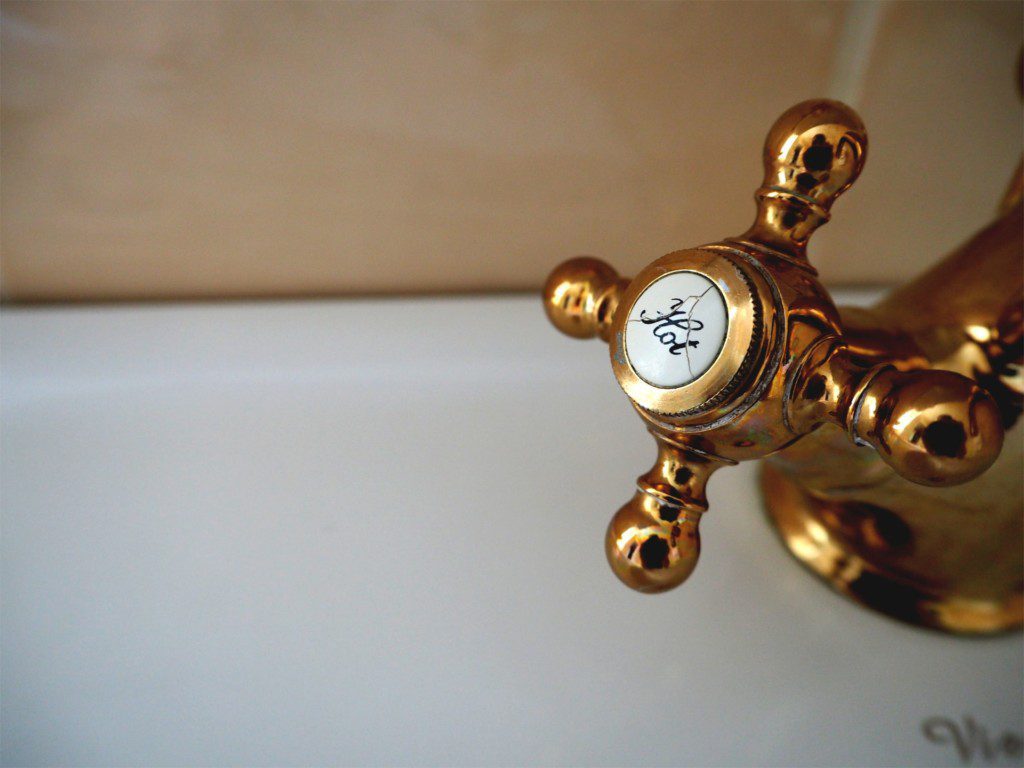
There are four common types of water heaters that you can select from, each of which functions differently. These systems can be powered by electricity, gas, or solar power, which provides you with a variety of options. The system that you choose depends largely on the types of features you prefer.
1. Conventional
These are traditional heaters that are outfitted with a tank that’s able to heat and store the water that’s eventually used throughout your home. These units can produce heat through either gas or electricity. Once water is sent into the bottom of the tank, it’s heated to a specific temperature. The main issue with using a conventional system is that you can only use the amount of hot water that’s being stored in the tank. Once this water has been used, you will need to wait for the cold water to be heated.
2. Tankless
As the name implies, these water heaters don’t need to use a tank. They are able to heat water in an instant once gas or electricity flows through the heater. Because these systems come without a tank, they don’t take up too much space. Along with providing immediate hot water, these systems are beneficial because they can deliver continuous hot water.
3. Hybrid/Heat Pump
These heaters bring in heat from the ground and air to heat the water that you use in your home. They are energy efficient but aren’t particularly adequate for homes in cold climates.
4. Solar
These systems are powered entirely by solar thermal panels, which take energy from the sun to heat cold water before you use it in your home. Solar water heaters are ideal for areas where warm weather is common. Since solar heaters don’t require the use of gas or electricity, they are cost-effective and should help you save money on your monthly energy bills.
Advantages and Disadvantages of Water Heaters
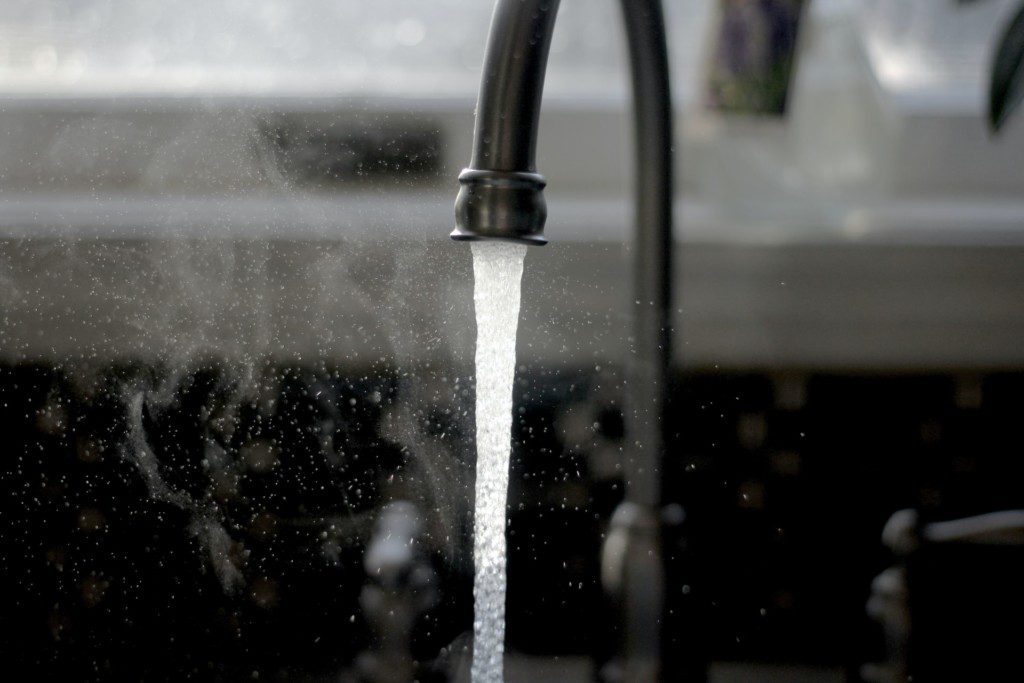
The primary advantages of using water heaters in your home include:
- These systems are relatively inexpensive when considering the installation and upfront costs
- Conventional water heaters are available in many different sizes
- Are relatively efficient with energy use
- Are very safe to operate
The main disadvantages of opting for a water heater include:
- These heaters can’t be operated in the event of a power outage
- Any water heaters with a tank have limited flow rates based on the overall tank size
- Relatively slow heating time when compared to most boilers
- High costs of operation
- Can come with radiant heat loss, which can waste more than 15 percent of energy
Deciding Between Boiler and Water Heater
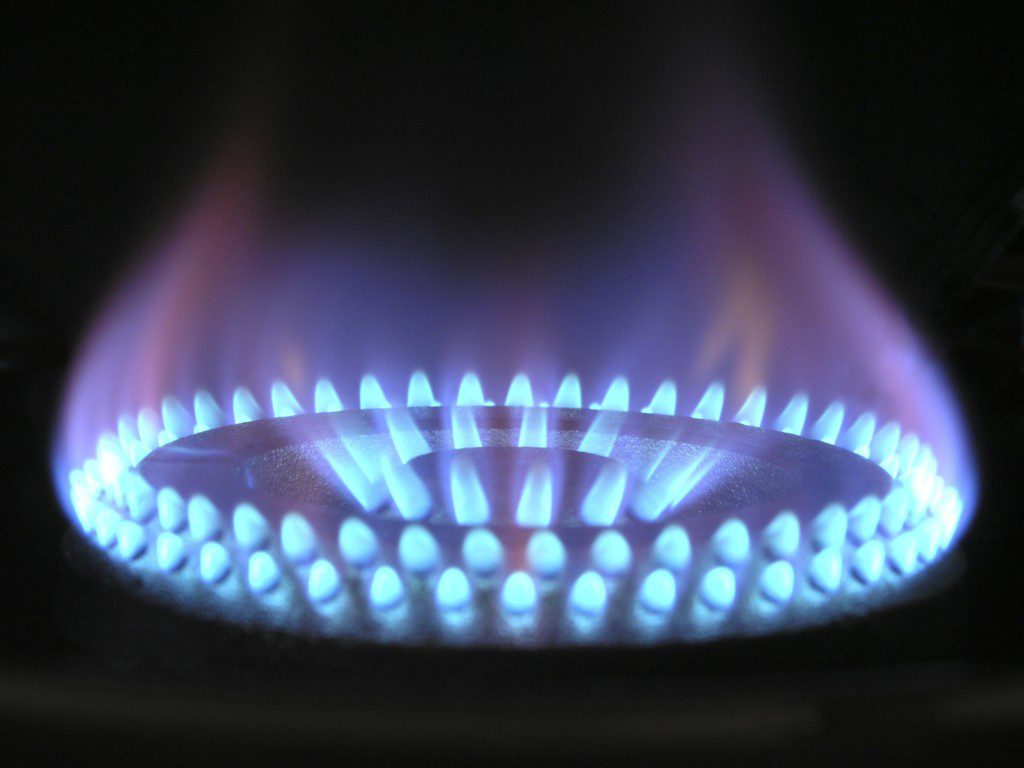
When you’re deciding between a boiler and water heater, there are several factors that you should consider. If you don’t want to deal with the hassle of maintaining the system once you’ve purchased it, a boiler may be the best fit for you. On the other hand, water heaters can be energy efficient, which can help you save money on your monthly energy bills. Water heaters are also simple to operate, which may allow you to avoid contacting a professional when the water heater isn’t working properly.
Boilers are great if you want a very quiet system in your home. Some of these units are able to heat and power your home while also heating your water, which allows the system to provide you with several different functions. The decision you make largely depends on what you want out of a boiler or water heater. Understanding the difference between these systems and the features that they have should make it easier for you to identify which system is right for your home.
Posted by Sensorex on June 30, 2020
Sensorex is a global leader in the design and manufacture of quality sensors for water quality and process applications. The company offers more than 2000 sensor packages for pH, ORP, conductivity, dissolved oxygen, free chlorine, chlorine dioxide, UV transmittance and other specialty measurements, as well as a full line of sensor accessories and transmitters. Its expert technical support engineers solve analytical sensor challenges with custom designs and off the shelf products.



